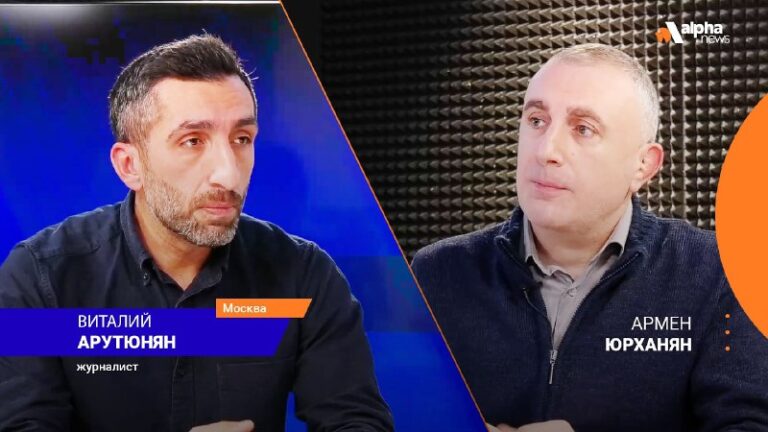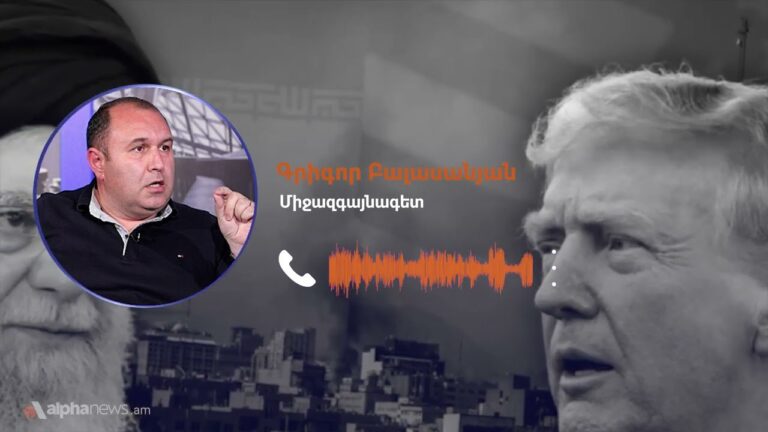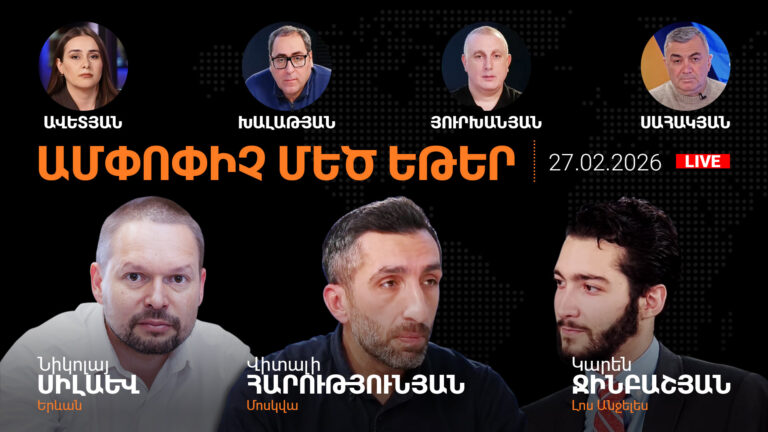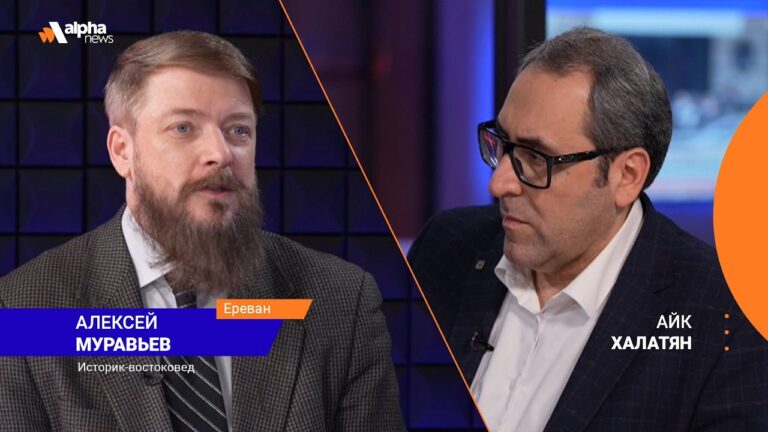When will Turkey’s representatives join the EU mission in Armenia?
April 04 2024, 13:35
The red line in politics is the border that cannot be crossed, since after that, the security of the subject cannot be guaranteed. In particular, the opponent is openly informed about the red line, which keeps him from committing irreversible actions.
The specifics of Pashinyan’s Armenia lie in the fact that the red lines of our statehood are constantly shifting. For example, for a long time, it was stated that Armenia is located within the borders of 29,800 square kilometers and that not an inch of land from these borders will be surrendered to its neighbors; however, during his recent press conference, Nikol Pashinyan trampled on this red line, stating that the territory of Armenia is 29,743 square kilometers.
Pashinyan’s supporters may say that the difference is not significant, but in the political process, this means signaling to the opponent that there are no impossible concessions for official Yerevan.
One of such red lines for Armenia should have been the non-involvement of Turkish representatives in the work of the EU mission in Armenia. Representatives of Turkey or, for example, the United Kingdom, under no circumstances should have had their representatives in the EU mission. The reason is simple: Turkey considers Armenia an unacceptable political entity along the perimeter of its borders, and the presence of Turkish observers would create an institution in the country beyond the control of the Armenian authorities, within which Turkish representatives could collect strategically important data about Armenia and about the movement of Russian and Armenian armed forces around the country.
What do we see in reality? Vladimir Vardanyan, MP from the ruling Civil Contract Party, says that there are three conditions for Turkey’s involvement in the EU mission in Armenia.
“To involve Turkey in the European civilian monitoring mission in Armenia, there should be Armenia’s consent, Turkey’s consent, as well as the EU’s decision,” Vardanyan told AMPTV (Armenian Public Television).
Let us note again that the red line for Armenia in this context should have been a clear position on the non-involvement of Turkish representatives in the EU mission (leaving aside that this mission should not exist in Armenia at all); however, Vladimir Varadnyan opens not the window but the “Overton gate”.
We already have experience of Pashinyan handing over important things to the enemy without receiving anything in return and calling this step a “humanitarian gesture” (handing over maps of the minefields of Artsakh to Azerbaijan). In this context, it would not be surprising to assume that Pashinyan can declare that “to regionalize Armenia’s security system and to ensure peace in the region, Armenia is ready to consent to the involvement of Turkish representatives in the EU mission in the country.”
Taking into account the EU Special Representative for the South Caucasus and the crisis in Georgia, Toivo Klaar’s statement at the Antalya Diplomacy Forum that Turkey can contribute to regional peace as the leading country in the region, it can be logically concluded that the EU will not be against Turkey’s involvement in the work of this mission.
And given that Turkey is a member of NATO and the EU mission in Armenia is the institutionalization of the North Atlantic Alliance’s presence in Armenia, it would not be surprising if Turkey expressed a desire to join the EU mission. This can be presented as a step aimed at “dispelling Azerbaijan’s doubts about the mission’s activities”. If Ankara is given such a chance, it will definitely take advantage of it.







